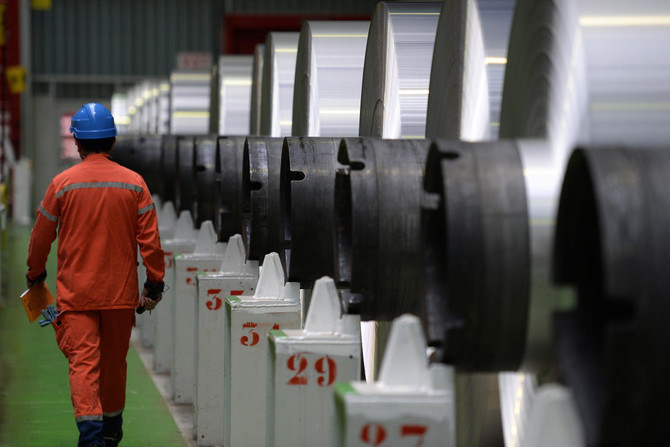On Friday, October 18, the United States came into effect on the import of European goods totaling $ 7.5 billion (about 6.8 billion euros).
The sanctions included, in particular, wine, cheese, butter, olive oil. In addition, additional 10 percent duties will be levied on European aircraft and 25 percent on a number of industrial products.
Tariff 25% is introduced on:
- single malt Irish and Scotch whiskey;
- sweaters, pullovers, cashmere, woolen clothing from the UK;
- coffee and some industrial equipment from Germany;
- various cheeses, olive oil and frozen meats from Germany, Spain and the UK;
- pork products, butter and yoghurts from different EU countries.
In October, the World Trade Organization (WTO) allowed the United States of America to impose punitive duties on goods worth $ 7.5 billion from the European Union annually, accusing the European Union of subsidies to the aircraft manufacturer Airbus, which were found to be inappropriate. The United States has repeatedly reported billions of dollars in losses that Airbus rival Boeing is experiencing thanks to these subsidies.
The EU hoped to be able to agree on the abolition of penalty fees. French Minister of Economy Bruno Le Maire, after a meeting with his American counterpart Steve Mnuchin, said that the introduction of new tariffs would have "very negative economic and political consequences," reports AFP. The EU is ready to take countermeasures, "of course, within the WTO, " Le Mer said. On October 17, he plans to meet with US Trade Representative Robert Lighthizer.
The dispute over subsidies, on the one hand, for Airbus in Europe and, on the other, for the aircraft manufacturer Boeing in the United States, has been ongoing since 2004. At the end of March, the WTO decided that the United States, despite the rules and decisions of the organization, provided subsidies to the aircraft manufacturer Boeing. This decision allows the European Union to claim refunds in the United States. But the final "green light" from the WTO for penalties will be received by the EU only in 2020.





